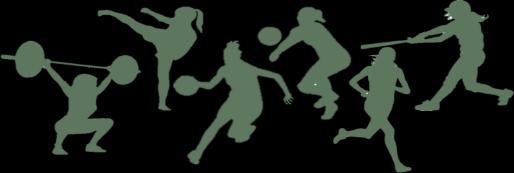
1 minute read
Activities of Daily Living
Let Our Pros Help You Tackle New Challenges
Your outpatient therapist will help problem solve and address any challenges you may experience at home. Below are some tips to make life a little easier to start.
Advertisement
Dressing: Clothes that open in the front, non-tie shoes and elasticwaist pants are the best options for ease. To dress the upper body lean forward, allowing the surgical arm to hang toward the floor while sliding the sleeve on and off.
Toileting: You can only use your non-surgical arm for cleaning yourself after using the toilet for the first couple weeks.
Household chores: Your surgical arm cannot help, hold or participate in any way for the first couple weeks.
Showering: Shower as soon as you want after returning home. The dressings are water resistant so they can get wet, just don’t submerge them in water. Thoroughly pat them dry after your shower. Wash your underarm with a washcloth by leaning forward, allowing the surgical arm to hang toward the floor (so long as it does not increase your pain level) to access your armpit with the other hand.
Transportation: Plan for someone to drive you to your appointments. You must not drive while taking your narcotics. You must wear your sling while in a car. You are considered an impaired driver when you are off of the narcotics but still in your sling. This is because you only have one arm available when you are used to having two available.
Sleeping: You are to wear the sling at night while you sleep. For enhanced comfort we suggest sleeping in a semi-upright position in a recliner, or utilizing a wedge pillow in your bed. Keep your pain medication nearby as you may need it during the night.
Pain: Everyone has some pain after shoulder surgery, and you will be given prescriptions for pain medication to take home. DO NOT take ibuprofen (Advil®, Motrin®) or naproxen (Aleve®) unless explicitly directed by Dr. Liotta. Take your prescription medications as directed. The cooling system is also very helpful in reducing your pain in the first few days after surgery.






